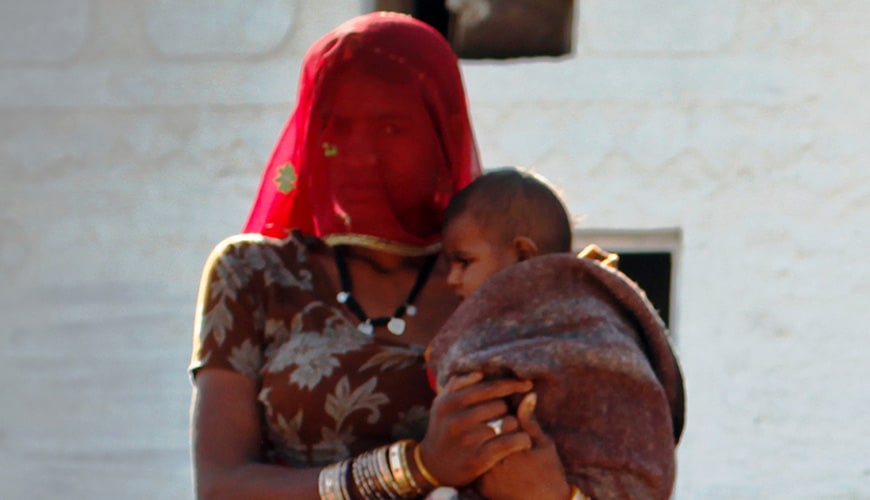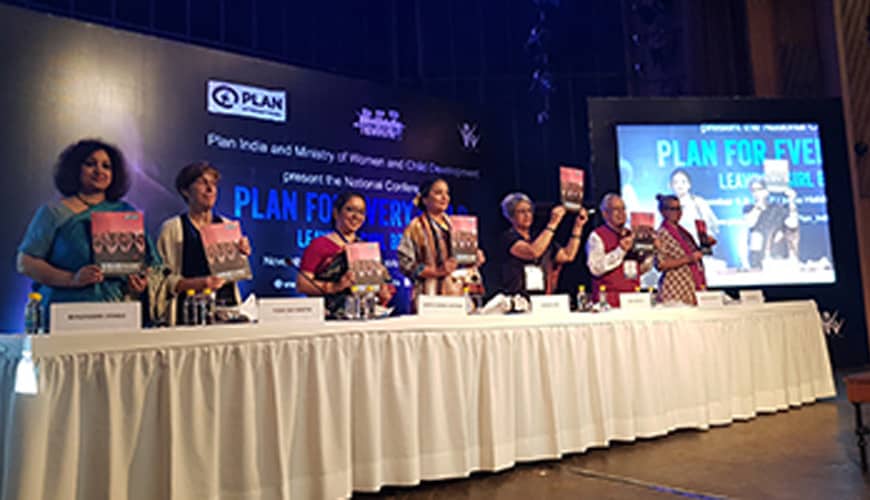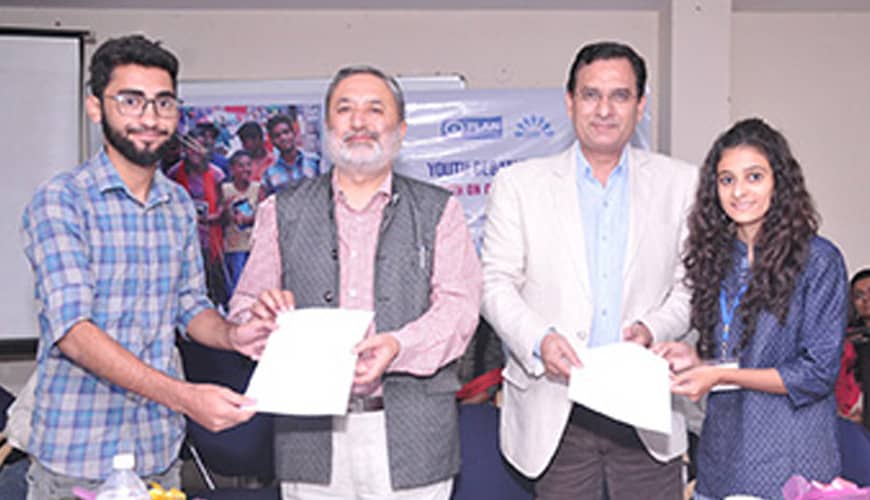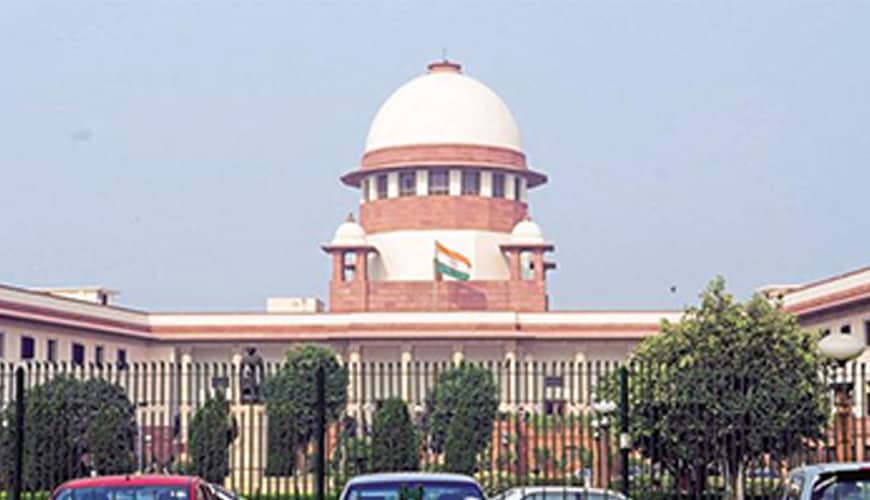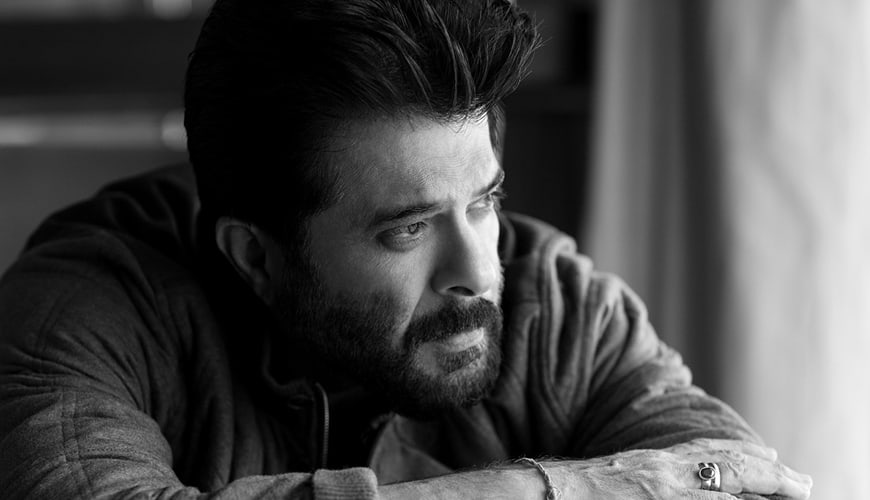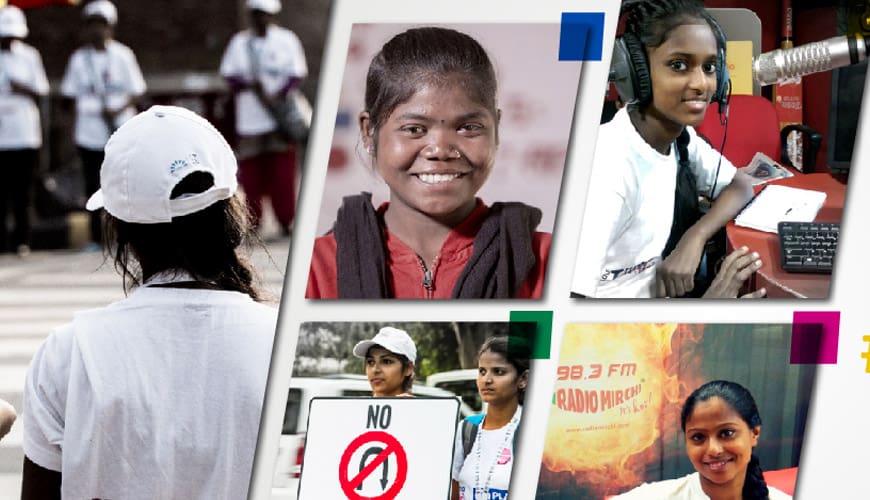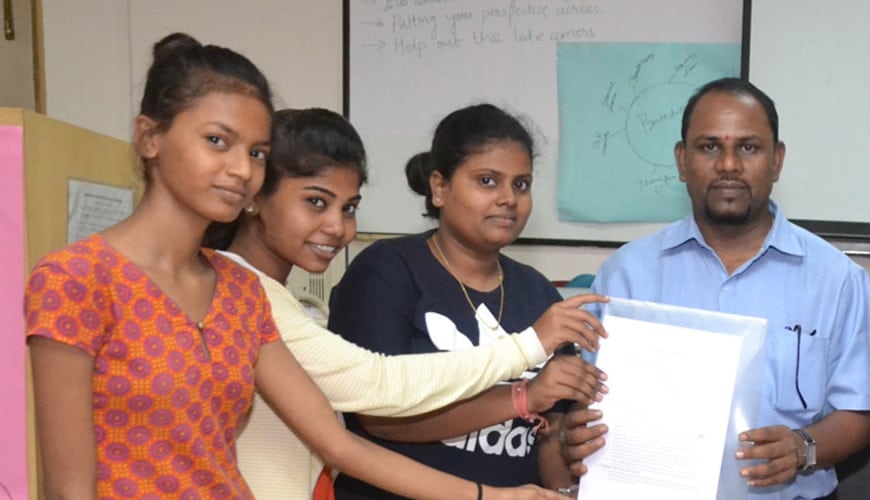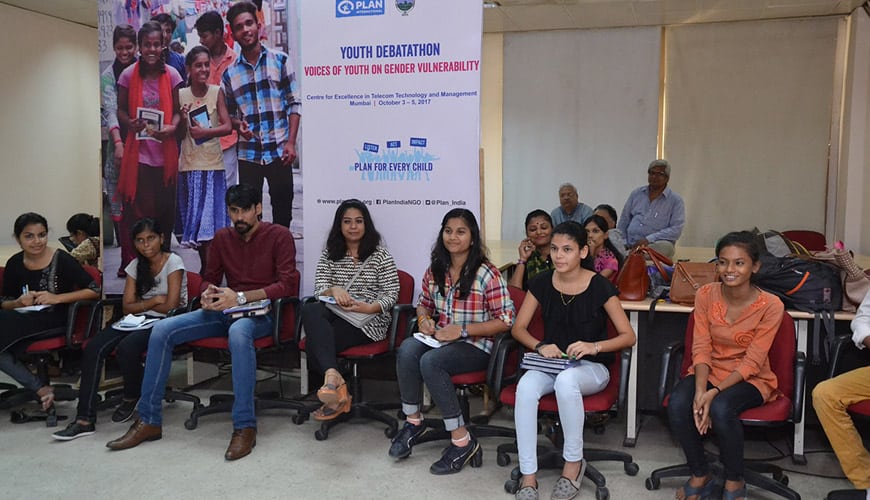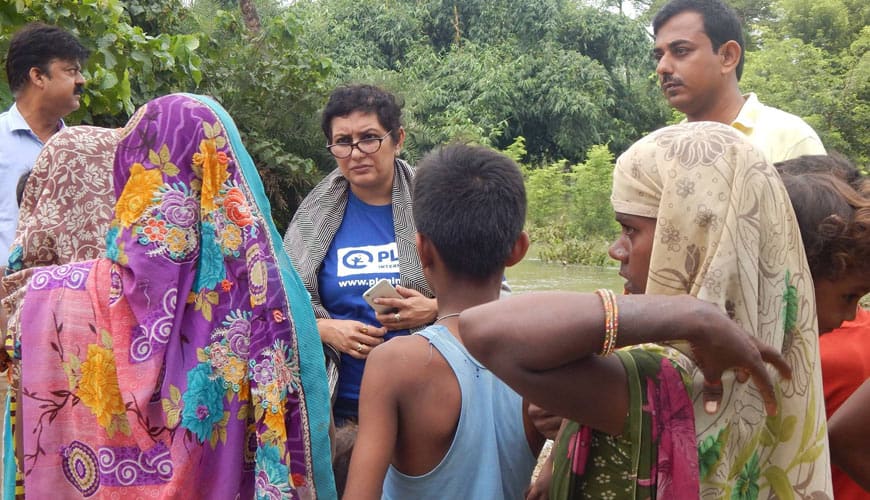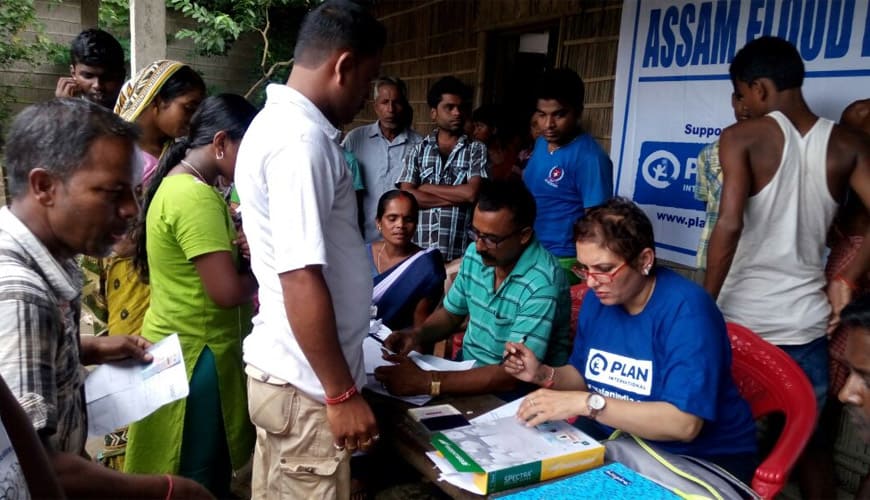Building on the success of the first National Conference, Plan India, in partnership
The conference aims to bring to the forefront issues faced by marginalised girls and deliberate on solutions for inclusion, access and opportunity
A ‘Gender Vulnerability Index’ was launched on the first day of the conference
New Delhi, November 1, 2017 – Building on the success of the first National Conference, Plan India, in partnership with the Ministry of Women and Child Development, is organising the 2nd National Conference on ‘Plan for Every Child – Leave No Girl Behind’ from November 1- 3, 2017 at the India Habitat Centre, New Delhi. The conference will bring together a wide range of stakeholders, including representatives from the government, United Nations, international experts, educational institutions and other international agencies, to deliberate on solutions for inclusion, access and opportunities for girls from marginalised backgrounds and vulnerable circumstances.
Ms. Aastha Saxena Khatwani, Joint Secretary, Ministry of Women and Child Development (MoWCD), delivered the keynote address during the opening ceremony of the conference. Other acclaimed speakers at the conference included Anna Roy, Advisor, NITI Aayog; Rathi Vinay Jha, Chairperson, Plan India Governing Board; Tessie San Martin, President and CEO, Plan International USA; Shabana Azmi, celebrated actress and social activist; Sergei Kapinos, Representative for South Asia, United Nations Office on Drugs and Crime (UNODC) and Bilali Camara, Representative – India, UNAIDS , among others. Justice Madan B. Lokur of the Supreme Court of India was also present at the conference to release the Gender Vulnerability Index report.
Commenting on Plan India’s focused efforts on marginalised and vulnerable children, particularly girls, Bhagyashri Dengle, Executive Director, Plan India added, “Aiming at an inclusive, multidimensional and sustainable approach, we are emphasising that this campaign will further engage globally, influence nationally and act locally. This year, the campaign is focusing on solutions for improving the inclusion, access and opportunities for girls, with a particular focus on some key vulnerable groups. Keeping in mind that these categories and issues surrounding them are inter-related and cannot be seen in isolation, while acknowledging that there has to be a specific focus on solutions specific to each category of vulnerability.”
Last year, the Plan for Every Child Conference focussed on Children in Difficult Circumstances which was led by state and regional consultations with multiple stakeholders. This year, youth across the country were engaged through a series of inspiring debates. The aim was to engage with young people to understand their perspective as well as garner their suggestions and solution focused on inclusion, access and opportunity, and by addressing gender inequality.
The debates and deliberations were held in Mumbai, Delhi, Guwahati, Patna and Hyderabad, which brought together the voices of over 200 youth from across the country to discuss prioritised issues related to vulnerable girls and deliberate on possible solutions. The winners of the regional debatathons will share their views and debate solutions during the national conference.
The first day of the conference was culminated with the launch of Plan India’s Gender Vulnerability Index (GVI), which is first of its kind in the country. Through the GVI, Plan India has analysed the situation of girls and women taking into consideration four dimensions – Protection, Poverty, Education and Health, and developed a multidimensional composite index with over 170 indicators. This index will be useful in understanding the situation in states, as it ranks each state in every dimension of gender vulnerability.
The second day of the conference will largely focus on the session by the youth who will present their views on the identified priority issues related to marginalised girls and discuss the way forward towards inclusion and gender transformation.
The three-day conference will also feature multiple sessions, presentations and discussions on various issues related to vulnerable, marginalised and excluded girls, including human trafficking, violence, development of girls in disturbed areas and in care and protection homes, girls in forced labour, street-connected girls, and girls coping with natural disasters and climate change, among others.
Plan for Every Child – Leave No Girl Behind
Plan for Every Child – Leave No Girl Behind campaign is a movement to support the 2030 SDGs through children’s rights with special emphasis on equality for girls. Under the campaign, efforts are made to ensure that government and civil society come together to provide opportunities to scale best practices, design specialised schemes and advocate towards gender transformative changes at all levels, to address all needs for a more equitable world for girls in general and for girls in difficult circumstances, in particular.
About Plan India
Plan India is a nationally registered independent child development organisation committed to creating a lasting impact in the lives of vulnerable and excluded children, their families and communities. For over 35 years, Plan India and its partners have improved the lives of millions of children by providing them access to protection, basic education, proper healthcare, a healthy environment, livelihood opportunities and participation in decisions which affect their lives. For more information, please visit: www.planindia.org .





